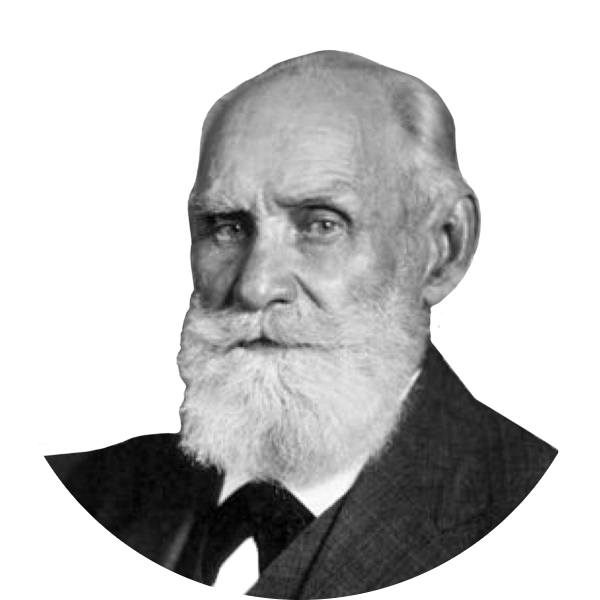
ISSN Print 2500–1094
ISSN Online 2542–1204
BIOMEDICAL JOURNAL OF PIROGOV UNIVERSITY (MOSCOW, RUSSIA)

 American physicist Richard P. Feynman, a Nobel laureate, was always very scrupulous about the quality of a research study. During his commencement address at the California Institute of Technology in 1974, he talked about scientific integrity and honesty and warned young researchers “not to fool” themselves. A must-read for anyone who believes he/she is a true scientist.
American physicist Richard P. Feynman, a Nobel laureate, was always very scrupulous about the quality of a research study. During his commencement address at the California Institute of Technology in 1974, he talked about scientific integrity and honesty and warned young researchers “not to fool” themselves. A must-read for anyone who believes he/she is a true scientist.  In 1918, Russian physiologist Ivan Pavlov, a Nobel laureate, delivered two lectures: on the mind in general and the Russian mind in particular; on those mind qualities that determine the success of a research work and on how these qualities are present in the Russian mind. Pavlov's thoughts are an effective vaccine against poor intellectual work.
In 1918, Russian physiologist Ivan Pavlov, a Nobel laureate, delivered two lectures: on the mind in general and the Russian mind in particular; on those mind qualities that determine the success of a research work and on how these qualities are present in the Russian mind. Pavlov's thoughts are an effective vaccine against poor intellectual work.